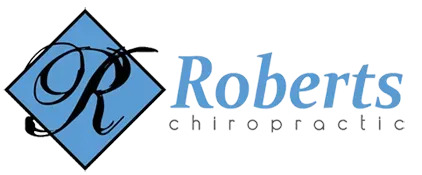The concept of cloud computing has become a buzzword in recent years. The notion of "the cloud" originally referred to data storage. You could backup your computer files or even an image of your hard drive to a server bank in some remote location. Now you can access fully featured software programs via the cloud, including well-known productivity and photo editing programs. Cloud computing enables you to save money you would have spent on costly software packages and frees up valuable space on your home or office networks. The only drawback involves security issues, but such issues exist on your local networks as well.
The computing paradigm has taken over more and more not only of our work day, but our recreational environments as well. As a result, it has become increasingly easy to neglect and ultimately forget about the precious components of human physiology upon which all computing systems are based, that is, our very own brain and central nervous system.
There are serious downsides to such neglect and lack of care. Most of us are aware of the need to engage in regular vigorous exercise and eat a consistently nutritious diet. We do these things because we've learned the importance of a healthy lifestyle. Of course, these healthful activities support the functioning of your brain and central nervous system. But your brain requires more than mere physiological sustenance. Your brain itself requires the performance of actual work so that it can continue to do what it was designed to do.1 The critical function of your brain is to provide you with creative, innovative solutions to the challenges you face every day to the survival and welfare of you and your family.
Your brain is staggeringly complex. It is estimated there are more connections among your brain cells than there are stars in the Milky Way galaxy. Specifically, there are more than 100 billion neurons in your brain, with several 100 trillion (1014) and possibly as many as 1 quadrillion (1015) connections. This massive network is built for heavy lifting, but most of us now fritter away this priceless resource as we spend seemingly endless hours talking and texting on our cell phones and playing games on our phones, tablets, and laptops.
Now we may be developing eye-hand coordination when we lose an entire afternoon playing race car and other arcade-style games.2,3 But as the great philosophers have known for almost 3000 years, actual thinking is the best and most worthwhile use we can make of the free gift of self-awareness we receive as humans. Only thinking will provide us with the tools and techniques we require to grow, develop, and thrive in our increasingly complex and shrinkingly small global village. But the skill (or art) of thinking is based on training. Fortunately such training is available everywhere and the cost is frequently only that of time. Reading books is the primary training ground for developing the skill of critical thinking that will make a difference in our lives. Reading books that challenge you, followed by study and practice, will hone and refine your ability to actually think and make use of your brain, your own personal cloud. Surprisingly, and possibly shockingly, everything we need for such life-enhancing thinking is available right there "within" us.
1Vigliecca NS, Baez S: Screening executive function and global cognition with the Nine-Card Sorting Test: healthy participant studies and ageing implications. Psychogeriatrics 2015 Mar 3. doi: 10.1111/psyg.12104. [Epub ahead of print]
2Moisala M, et al: Brain activity during divided and selective attention to auditory and visual sentence comprehension tasks. Front Hum Neurosci 2015 Feb 19;9:86. doi: 10.3389/fnhum.2015.00086
3Banerjee S, et al: Interests shape how adolescents pay attention: the interaction of motivation and top-down attentional processes in biasing sensory activations to anticipated events. Eur J Neurosci 41(6):818-834, 2015
